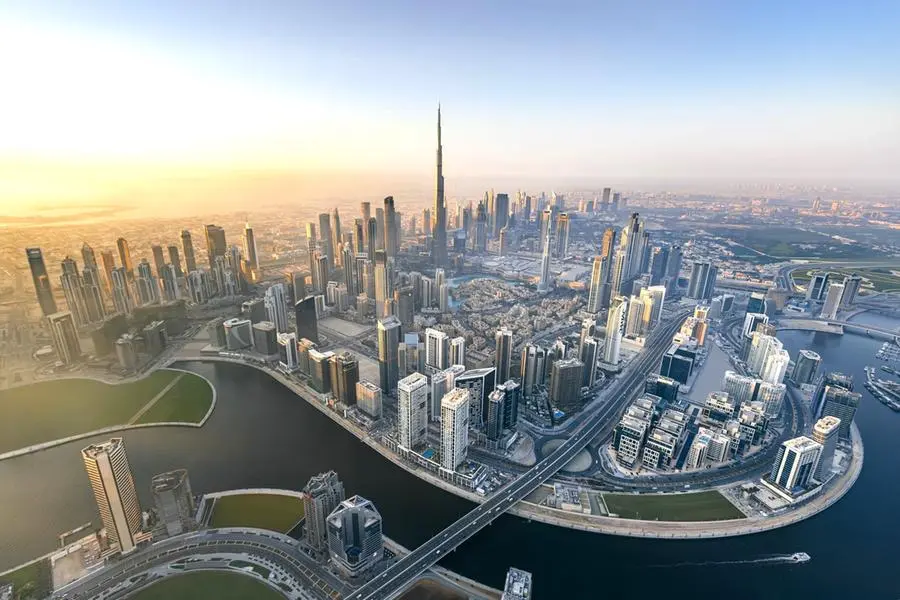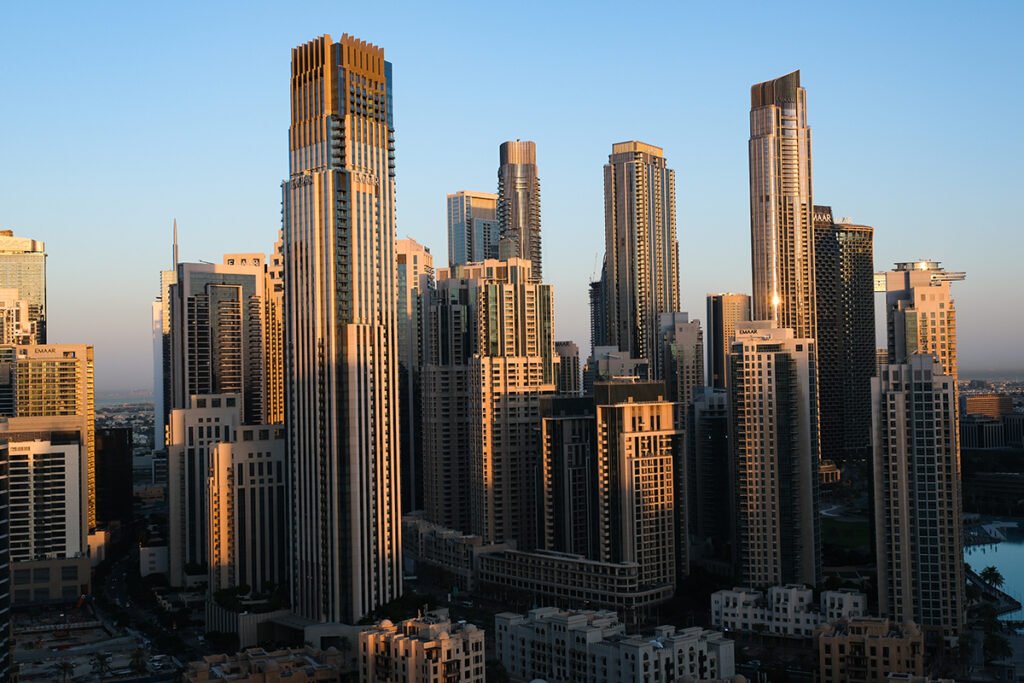
Dubai housing boom has once again become the center of attention, with property prices soaring and demand skyrocketing across the city. From luxury penthouses in Downtown Dubai to sprawling villas on Palm Jumeirah, the market is witnessing a surge reminiscent of the early 2000s. But with rapid growth comes growing concern many analysts and investors are starting to question whether Dubai could be heading toward another real estate bubble and an eventual crash.
While the emirate’s property sector has shown resilience, the speed and intensity of the current housing boom are raising red flags. Buyers are pouring into the market, both locally and internationally, drawn by the promise of high returns, a thriving economy, and Dubai’s global appeal. Yet some experts warn that unchecked growth, speculative buying, and rising debt could once again destabilize the market.
The Dubai housing boom has seen record-breaking sales volumes in recent months. According to industry reports, transactions are hitting historic highs, with luxury properties leading the charge. Villas, especially in communities like Emirates Hills, Arabian Ranches, and Palm Jumeirah, are selling at premium prices, while off-plan apartment sales are dominating overall transaction volumes.
Developers are rushing to launch new projects to keep up with demand, and investors are eagerly snapping them up, betting on future appreciation. For many, Dubai’s tax-free environment, world-class infrastructure, and investor-friendly policies make it one of the most attractive property markets globally.
But as sales figures climb, so too do concerns. The last major boom in the mid-2000s ended with a devastating crash in 2008–2009, when prices plunged by more than 50 percent. The big question now is whether history might repeat itself.
Several factors are driving the Dubai housing boom in 2025, making it one of the hottest global real estate stories.
Dubai has become a magnet for high-net-worth individuals, particularly from Europe, Asia, and Russia. Wealthy buyers are investing heavily in luxury real estate, seeking safe havens for their capital.
Rental prices in Dubai have soared over the past two years. Many long-term residents are finding it more affordable to purchase property rather than continue paying high rents, fueling demand in the mid-market segment.
Developers are offering attractive off-plan deals, with payment plans stretching over several years. This has made property ownership accessible to a wider pool of buyers, including younger professionals and international investors.
Dubai’s economy is thriving, supported by tourism, trade, and investments. Mega-events and infrastructure projects are reinforcing confidence in the city’s long-term prospects.
Investor-friendly policies, including long-term golden visas for property buyers and simplified ownership laws, have boosted confidence in the real estate sector.
While the Dubai housing boom paints an optimistic picture, skeptics argue that the growth is moving too fast to be sustainable. Some of the concerns include:

The phrase “Dubai housing boom” is increasingly being followed by the word “bubble” in market conversations. Analysts are divided on whether the current growth will end in a crash or whether the emirate has learned its lessons from the past.
Supporters argue that this boom is different because:
However, critics maintain that property prices cannot continue climbing indefinitely without corrections. The combination of speculation and aggressive off-plan launches, they warn, could create conditions for another downturn.
Dubai’s 2008 real estate crash remains a painful memory for investors. Thousands lost money as prices fell sharply, leaving many projects unfinished. The market eventually recovered, but it took years for confidence to return.
Today, analysts say the emirate is better positioned to avoid a repeat scenario. Stronger regulations, improved legal frameworks, and diversified buyer pools are mitigating some risks. Still, with rapid growth, vigilance is necessary to avoid repeating past mistakes.
There are several reasons why this housing boom might not end in a dramatic crash:
These factors suggest that while a correction could occur, a full-scale crash like 2008 is less likely.
Luxury real estate has become the face of the Dubai housing boom. Sales of multi-million-dollar villas and penthouses are breaking records, and international celebrities and business elites are increasingly calling Dubai home.
Palm Jumeirah, Downtown Dubai, and Dubai Hills are some of the most sought-after locations, with prices climbing to unprecedented levels. This focus on luxury reflects Dubai’s strategy of branding itself as a global city for the wealthy.
However, reliance on luxury sales could also expose the market to volatility if global wealth flows shift.
While luxury makes headlines, the middle-market segment is equally important. Rising rents are pushing professionals and families to purchase mid-range apartments and villas. This demand is giving developers a stable customer base, making the market more resilient than before.
If the middle market continues to grow alongside luxury demand, Dubai’s property sector may avoid the instability of a purely speculative boom.
Investor sentiment remains optimistic, but cautious. Many believe Dubai’s long-term fundamentals are strong, driven by infrastructure, innovation, and global connectivity. Yet they are also aware of the cyclical nature of real estate and the risks of overheated growth.
Financial advisors recommend a careful approach: diversifying property portfolios, focusing on high-demand communities, and avoiding over-leverage.
The Dubai housing boom is both a symbol of the emirate’s success and a warning of potential risks ahead. With prices and demand soaring, the market is at a crossroads. Will it sustain its momentum with measured growth, or will speculation and oversupply trigger another crash?
What is clear is that Dubai’s property sector is too important to ignore. For investors, residents, and policymakers, the coming years will be crucial in determining whether this housing boom becomes a lasting success story or another bubble waiting to burst.
Follow us on: Instagram
Read More:-Dubai Off-Plan Sales Surge as Villa Prices Stay Strong
